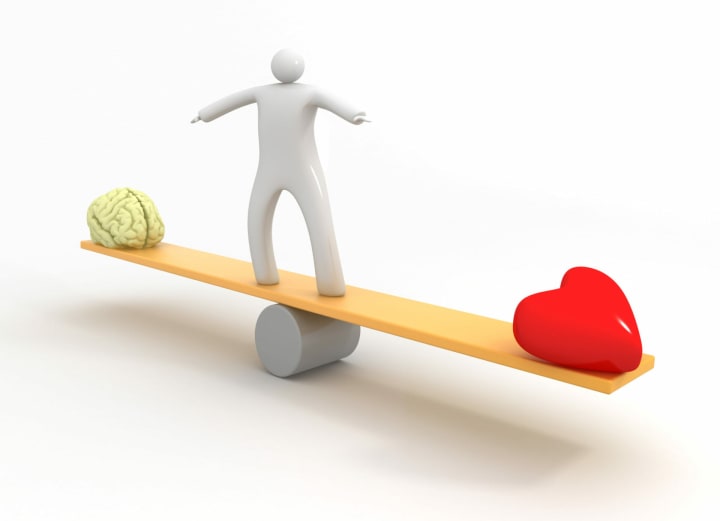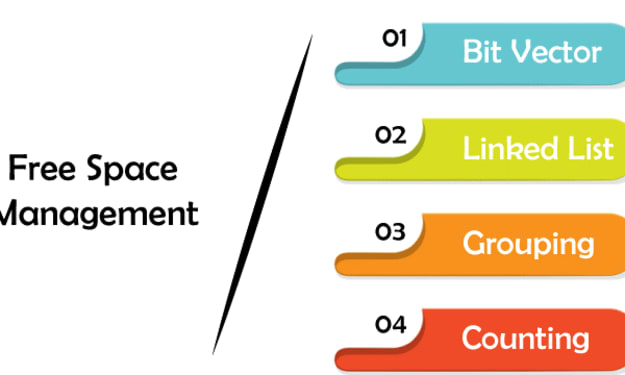Nurturing Minds and Hearts
The Crucial Role of Social-Emotional Learning in Supporting Students' Well-being

Introduction:
In the modern educational landscape, fostering academic excellence has long been the cornerstone of educational systems worldwide. However, in recent years, there has been a paradigm shift towards acknowledging the holistic development of students. This shift has brought about a greater emphasis on Social-Emotional Learning (SEL), recognizing its pivotal role in nurturing students' emotional intelligence, interpersonal skills, and overall well-being. As educators and policymakers increasingly recognize the importance of SEL, it has become a fundamental component of education aimed at preparing students not just for academic success but also for life's challenges.
Understanding Social-Emotional Learning:
Social-Emotional Learning (SEL) encompasses a range of skills that enable individuals to understand and manage their emotions, set and achieve positive goals, feel and show empathy for others, establish and maintain positive relationships, and make responsible decisions. These competencies are crucial for success in both personal and professional realms, shaping individuals into resilient, empathetic, and socially competent members of society.

The Components of SEL:
1. Self-awareness: This involves recognizing one's emotions, strengths, and weaknesses. Self-aware individuals are better equipped to manage stress, control impulses, and develop a positive self-image.
2. Self-management: Building on self-awareness, self-management involves regulating one's emotions, thoughts, and behaviors effectively. It includes skills such as impulse control, stress management, and goal-setting.
3. Social awareness: Socially aware individuals possess empathy and understanding of others' perspectives and emotions. This enables them to navigate social situations adeptly, show compassion, and build meaningful relationships.
4. Relationship skills: Effective communication, cooperation, and conflict resolution are essential components of relationship skills. Developing these skills fosters healthy relationships and collaborative teamwork.
5. Responsible decision-making: This involves making ethical, constructive choices about personal and social behavior. Individuals proficient in responsible decision-making consider the consequences of their actions and strive to uphold integrity and respect for others.
The Importance of SEL in Education:
1. Academic Success: Research indicates a strong correlation between SEL competencies and academic achievement. Students who excel in SEL tend to exhibit better classroom behavior, improved focus, and higher academic performance across subjects.
2. Emotional Well-being: In an increasingly complex and demanding world, equipping students with emotional intelligence is paramount. SEL helps students develop coping mechanisms, resilience, and a positive mindset, thereby reducing stress and promoting mental well-being.
3. Positive Relationships: SEL fosters empathy, communication, and conflict resolution skills, which are essential for building and maintaining positive relationships with peers, teachers, and family members. These skills lay the foundation for a supportive and inclusive school environment.
4. Life Skills: Beyond the classroom, SEL equips students with essential life skills that are invaluable in navigating adulthood. From effective communication and collaboration to problem-solving and decision-making, SEL prepares students for success in diverse personal and professional contexts.
Implementing SEL in Schools:
1. Integration into Curriculum: Embedding SEL into the curriculum ensures that students receive consistent exposure to SEL principles and practices across subjects. This can be achieved through dedicated SEL lessons, as well as incorporating SEL themes into existing coursework.
2. Teacher Training: Equipping educators with the necessary knowledge and skills to promote SEL is crucial. Professional development programs can provide teachers with strategies for fostering SEL competencies in their classrooms and creating a supportive learning environment.
3. Cultivating a Positive School Climate: A positive school climate is conducive to SEL implementation, as it promotes feelings of safety, belonging, and respect among students and staff. Schools can foster a positive climate through initiatives such as anti-bullying campaigns, peer mentoring programs, and restorative justice practices.
4. Family and Community Engagement: Engaging parents, caregivers, and the broader community is essential for reinforcing SEL skills outside the classroom. Schools can organize workshops, events, and outreach programs to involve families in SEL initiatives and promote collaboration between home and school.
Challenges and Future Directions:
While the importance of SEL is widely recognized, implementing effective SEL programs can be challenging. Limited resources, competing priorities, and resistance to change are common obstacles faced by educators and policymakers. Additionally, ensuring equitable access to SEL education for all students remains a pressing concern, particularly for marginalized communities.
Looking ahead, it is imperative to continue advocating for the integration of SEL into educational policies and practices. This includes investing in research to further understand the impact of SEL, expanding professional development opportunities for educators, and fostering partnerships between schools, communities, and policymakers to support SEL initiatives.
Conclusion:
In conclusion, Social-Emotional Learning (SEL) is a cornerstone of modern education, essential for supporting students' holistic development and well-being. By nurturing students' emotional intelligence, interpersonal skills, and resilience, SEL equips them with the tools they need to thrive academically, socially, and emotionally. As we continue to prioritize SEL in education, we pave the way for a brighter future, where all students have the opportunity to reach their full potential as empathetic, responsible, and socially competent individuals.
About the Creator
Local Man
I am a dedicated writer known for my versatility and creativity. With a strong passion for storytelling, engaging content across a variety of genres, including articles, blogs, and copywriting.
Enjoyed the story? Support the Creator.
Subscribe for free to receive all their stories in your feed. You could also pledge your support or give them a one-off tip, letting them know you appreciate their work.






Comments
There are no comments for this story
Be the first to respond and start the conversation.